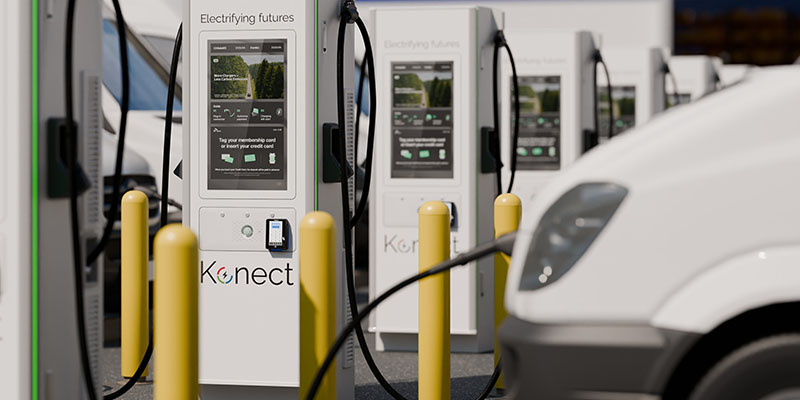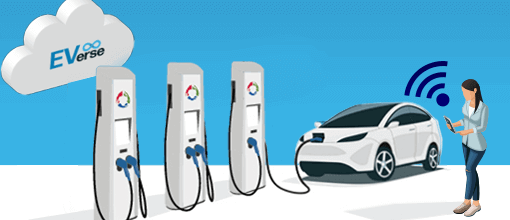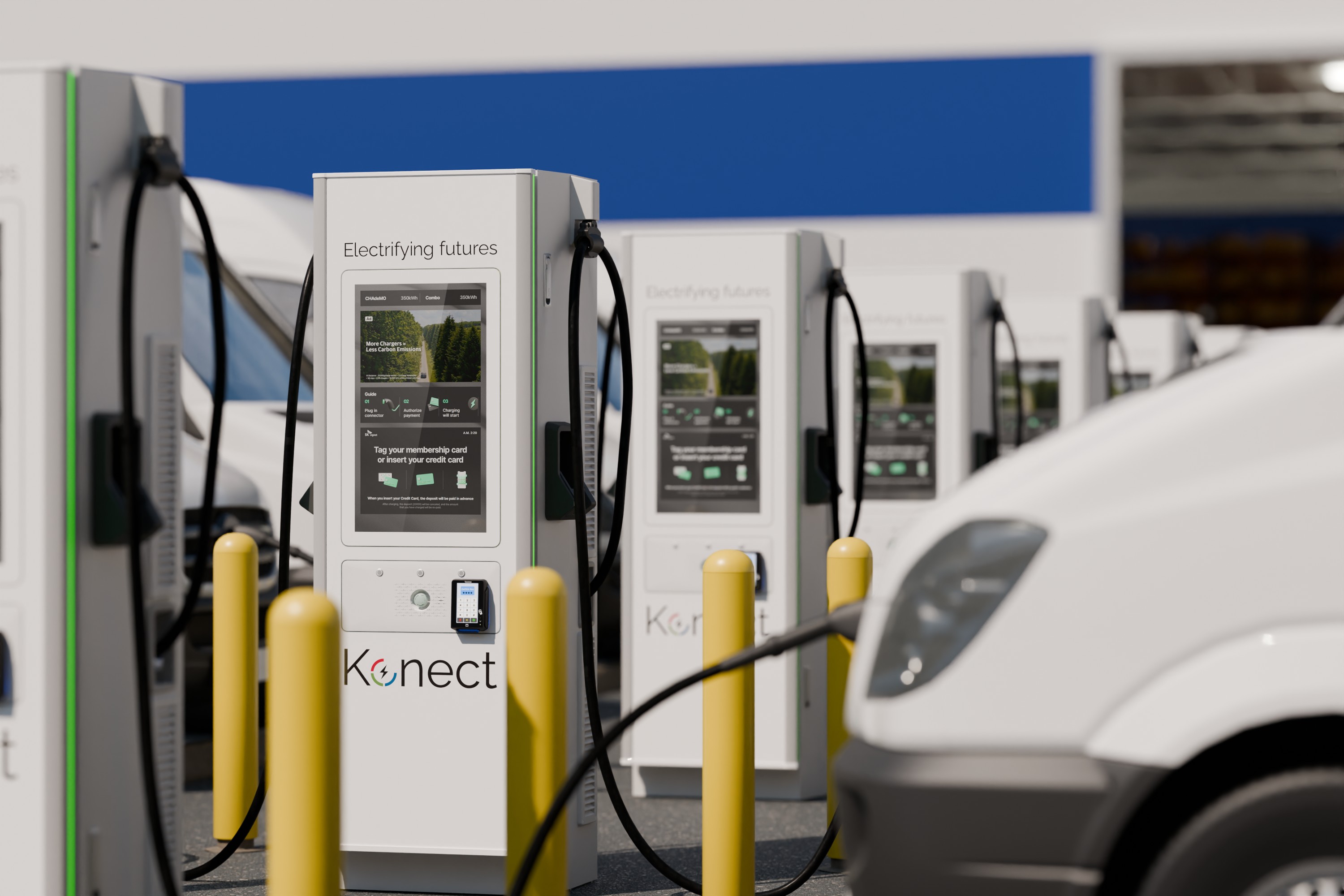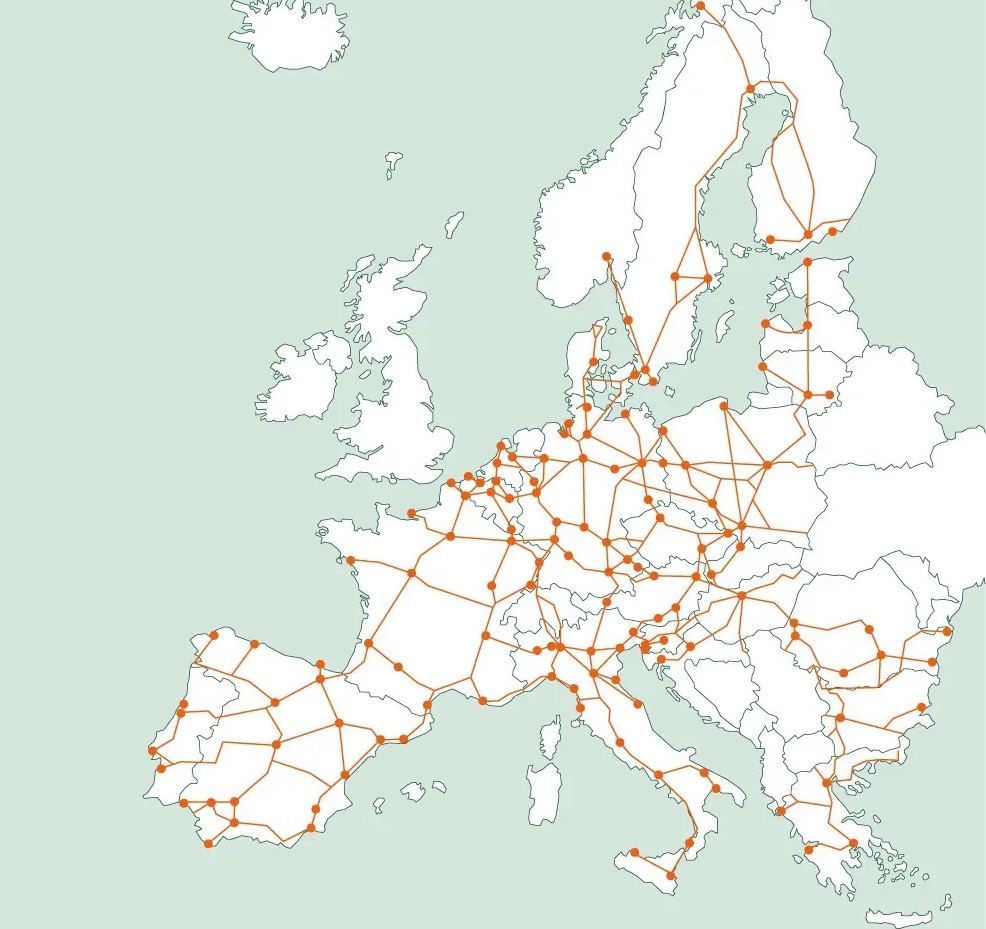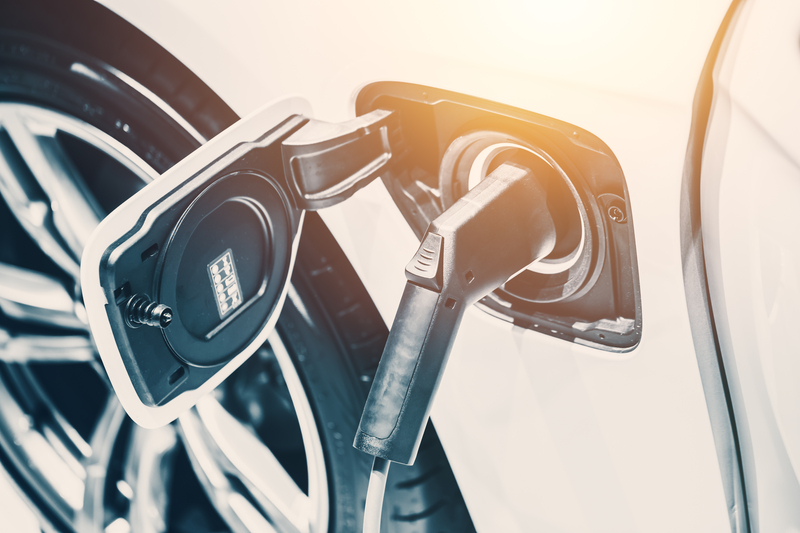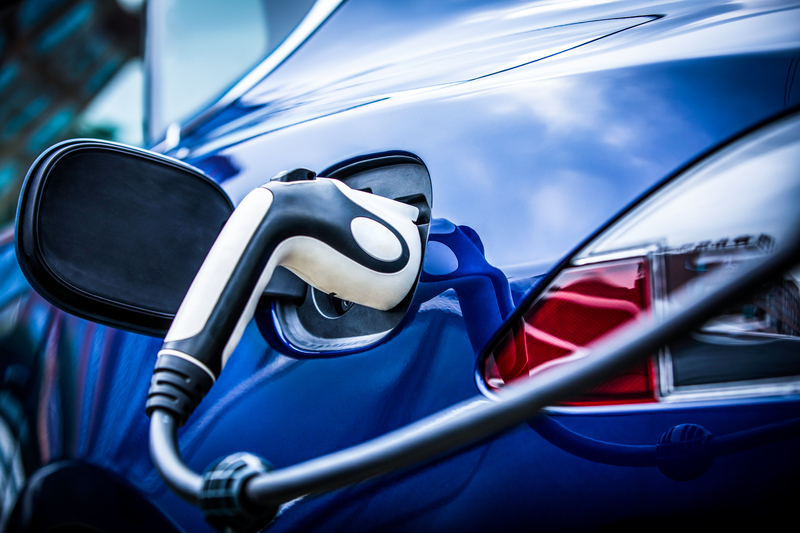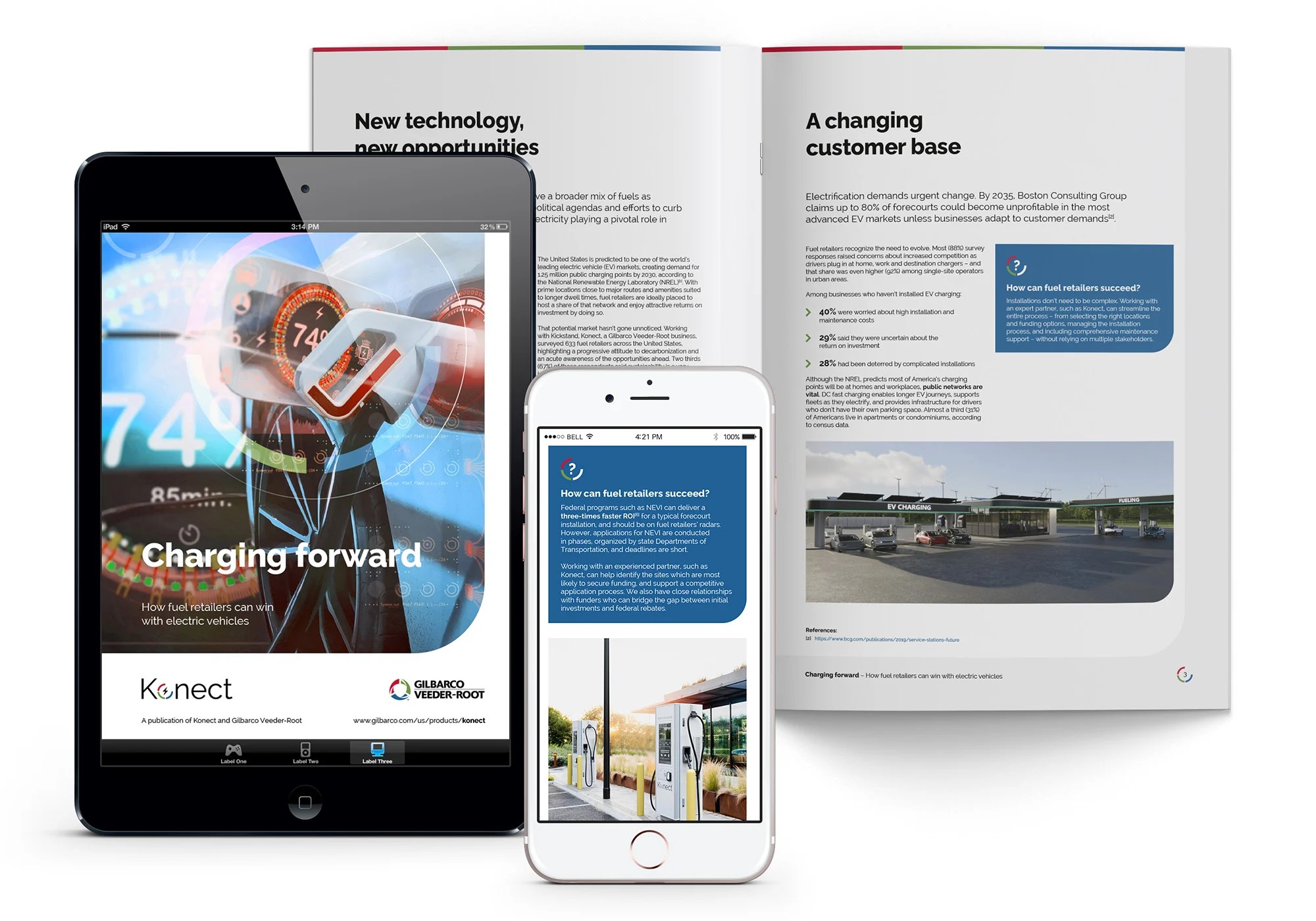
Fuel retailers see EV charging as a critical battleground for retaining customers, according to a survey by Konect, a Gilbarco Veeder-Root business.
With 88% of retailers concerned about competing with home, workplace, and destination charging as the US transitions to EVs, Konect has released a white paper outlining ten key action points for adaptation.
The shift to EVs is pressuring forecourt operators to adjust to a rapidly evolving mobility ecosystem. As federal and state policies align behind electric vehicles, the IEA projects that by 2035, 71% of new passenger cars and 72% of light-duty trucks in the US will be electric, reducing fuel demand by 2.5 million barrels daily. Boston Consulting Group warns that 80% of forecourts could become unprofitable unless they adapt.
However, EV charging offers opportunities for innovative retailers. The National Renewable Energy Laboratory (NREL) predicts the US will need 1.25 million public chargers by 2030. Forecourts, with convenient locations and long-dwell amenities, are well-positioned to host these, creating new revenue streams.
Most fuel retailers expect demand for charging to rise in the next five years. Among those offering EV chargers, 41% did so to drive traffic to on-site facilities like convenience stores and restaurants. Despite this, concerns about high investment costs, uncertain ROI, and complex installations remain barriers.
Konect’s research shows that integrating EV charging into businesses can be profitable, offering a clear path forward through infrastructure ownership, customer experience management, and seamless technology integration.
For more details, download a free copy of the Konect white paper including a ten-point plan to accelerate ROI at https://info.gilbarco.com/konect/konect-us-research



